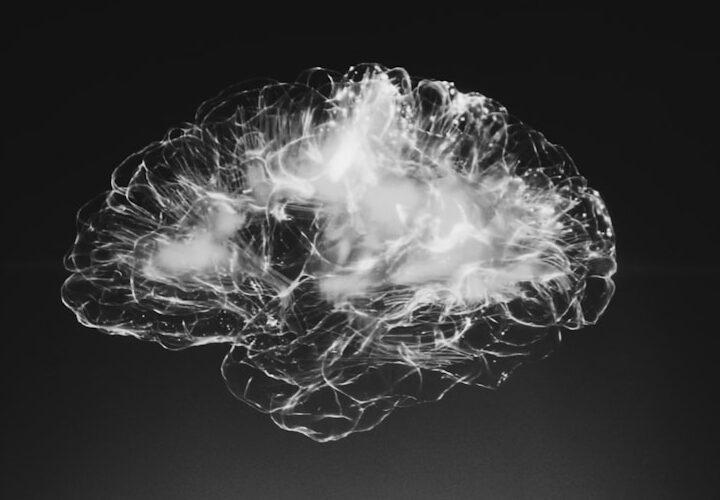Alcohol consumption, while often socially accepted and widely practiced, has profound effects on the brain, influencing everything from neurotransmitter function to long-term cognitive abilities. This article delves into the scientific understanding of how alcohol interacts with the brain, affecting its structure, function, and overall health.
Alcohol’s Immediate Impact on Neurotransmitters
The initial effects of alcohol on the brain are largely mediated through its interaction with neurotransmitters, which are chemical messengers that transmit signals across a synapse from one neuron to another. Neurotransmitters play crucial roles in mood regulation, behavior, and cognitive functions.
GABA and Glutamate
Alcohol enhances the inhibitory effects of the neurotransmitter gamma-aminobutyric acid (GABA). GABA’s primary role in the brain is to reduce neuronal excitability throughout the nervous system. Alcohol increases GABA activity, which leads to typical symptoms of intoxication such as impaired motor coordination, slurred speech, staggering, and slowed reflexes.
Conversely, alcohol inhibits the function of glutamate, which is an excitatory neurotransmitter responsible for increasing neuronal activity and energy levels. This inhibition further contributes to the overall depressant effects of alcohol on the brain.
Dopamine and Serotonin
Alcohol also affects the brain’s dopamine systems, which are crucial for the reward pathways. It causes an increase in dopamine levels, particularly in the brain’s reward centers, leading to feelings of euphoria and increased alcohol consumption behavior. This mechanism is thought to contribute to the addictive properties of alcohol.
Similarly, alcohol can increase the activity of serotonin, another neurotransmitter that contributes to feelings of well-being and happiness. However, chronic alcohol use can disrupt the normal balance of serotonin, leading to mood swings and potentially contributing to depression.
Long-Term Effects on Brain Structure and Function
Chronic alcohol consumption can lead to significant changes in the brain, affecting both its structure and function. These changes can result in long-lasting effects on cognitive abilities, emotional regulation, and behavior.
Brain Shrinkage and Structural Damage
Heavy drinking over a long period can cause the brain to shrink and induce detrimental changes in the white matter, which is crucial for relaying information between different brain regions. This can impair cognitive functions such as memory, attention, and decision-making. Brain imaging studies have shown that alcoholics often have significant reductions in brain volume compared to non-alcoholics.
Hippocampus and Memory
The hippocampus, a critical area for memory formation, is particularly vulnerable to alcohol-induced damage. Alcohol can disrupt the neurogenesis (the process of generating new neurons) in the hippocampus, leading to memory deficits and difficulties with learning new information. This is one reason why people may experience blackouts or have trouble remembering events that occurred while they were intoxicated.
Neuroplasticity and Cognitive Decline
Alcohol can also interfere with neuroplasticity, which is the brain’s ability to adapt and reorganize itself. By disrupting neuroplastic processes, alcohol can lead to cognitive decline and reduce the brain’s ability to recover from trauma or adapt to new learning and experiences.
Recovery and Reversibility
While some of the brain damage caused by alcohol can be permanent, especially in cases of severe and prolonged exposure, certain cognitive functions can improve with sustained abstinence. Recovery of brain structure and function is possible, but the extent of recovery can vary widely among individuals. Factors such as the duration and intensity of alcohol use, overall health, and the presence of supportive therapies play significant roles in the recovery process.
Conclusion
The effects of alcohol on the brain are complex and multifaceted, impacting everything from neurotransmitter systems to brain structure and cognitive functions. While moderate alcohol consumption might not lead to severe neurological damage, chronic and heavy drinking can result in significant and sometimes irreversible brain damage. Understanding these effects is crucial for making informed decisions about alcohol consumption and for recognizing the signs of alcohol-related brain impairment.
References:
https://www.ncbi.nlm.nih.gov/pmc/articles/PMC6668884/
https://sites.duke.edu/apep/module-3-alcohol-cell-suicide-and-the-adolescent-brain/content-alcohol-memory-and-the-hippocampus/
https://sites.duke.edu/apep/module-2-the-abcs-of-intoxication/content-alcohol-interacts-with-receptors-in-the-brain-to-produce-its-effects/
https://pubmed.ncbi.nlm.nih.gov/15303630/
https://en.wikipedia.org/wiki/Effects_of_alcohol_on_memory
https://www.niaaa.nih.gov/publications/alcohol-and-brain-overview
https://oasas.ny.gov/system/files/documents/2019/08/The_Brain.pdf



0 Comments